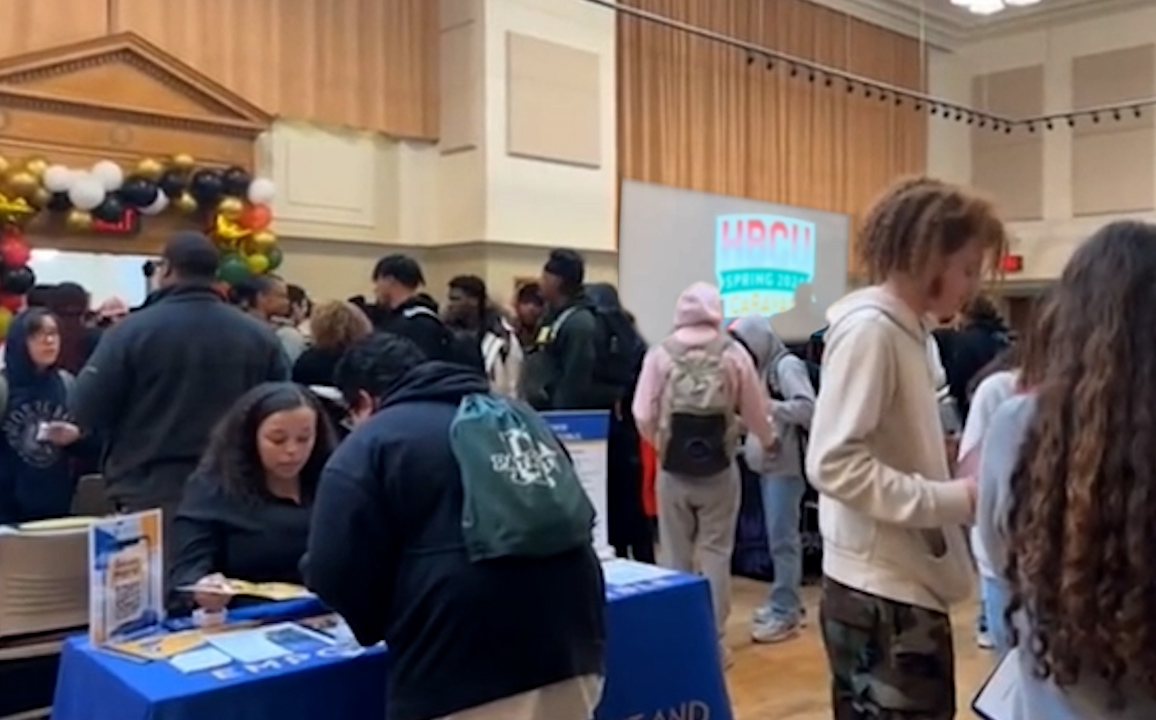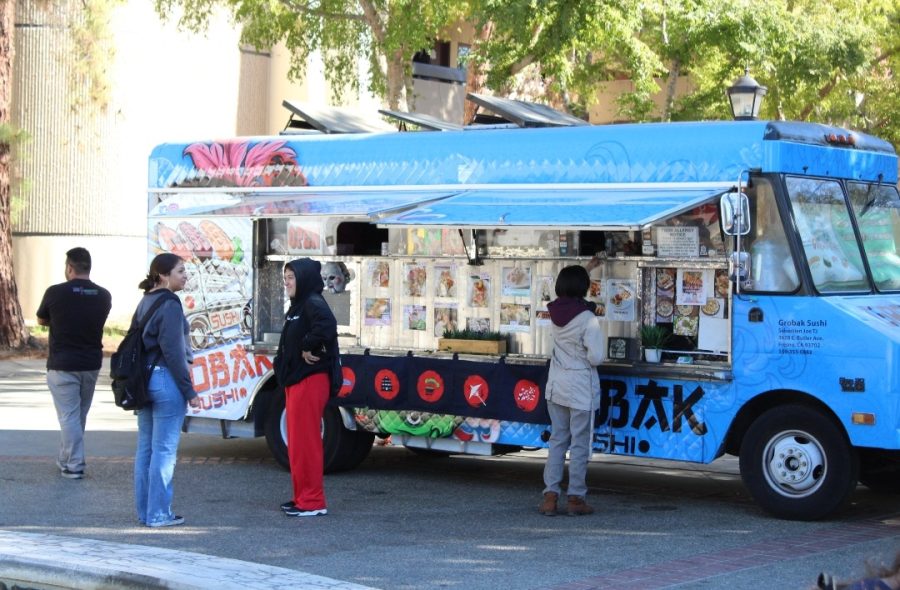The 2008 Presidential campaign is in full throttle. Thousands across the nation have gathered at caucuses and headed to the polls to cast their vote for the upcoming primaries in what appears to be one of the most competitive campaigns America has seen.
Americans that have not voted in previous elections have been persuaded, courted and convinced by many of the Democratic and Republican nominee hopefuls to cast their votes. With a neck to neck race for the nomination on both the Republican and Democratic sides, presidential nominees will do just about anything to make a single vote count- and will take any extremes necessary for that vote. Such persuasion in votes is making many Americans believe that in November, the voter turnout will reach record-breaking numbers.
Every vote counts. Millions are registered to vote. The presidential candidates have taken advantage of this notion and are hurriedly trying to gain the appeal and support of the masses. Many of those masses are bustling college towns soaked with dense populations of students who, in recent polls, appear to be more motivated than ever to cast their vote in the November elections. Statistically, college students vote less- and vote liberal in presidential elections, but this year- college voters have finally taken their political beliefs to the next level. They are casting their votes.
The California primary is fast approaching. Many are calling it “Fat Tuesday” and while many will be parading the streets with Mardi gras attire, most voters will hope that their guessing games will come to an end with a clear cut look at who the next presidential nominee will be for both the Democratic and Republican parties.
Many of the caucuses and primaries have come and gone, and still, the fortune-telling crystal ball can do no better to predict who our Democratic and Republican presidential nominee will be. A quick glance at the most recently held primaries and caucuses can give voters and update on which candidates are racing to the top.
The campaign 2008 trail kicked off with the Iowa caucuses on Jan 3 giving Americans an idea of what sort of campaign they would be looking at this year. On the Democratic side, Barack Obama was declared the winner with a vote of 38 percent; John Edwards came in at second with 30 percent; and Hillary Clinton with a 29 percent third place win. On the Republican side, Huckabee won with 34 percent of the vote, while Romney placed second with 25 percent and Thompson at 13 percent.
Next on the campaign trail was the January 5th Caucus for Republican presidential candidates held in Wyoming. Romney pulled through with a 67 percent vote, Thompson with a 25 percent, and placing third, Hunter with 8 percent.
On Jan 8, the New Hampshire primaries surfaced and became the most important after the Iowa caucuses. It was here that Clinton took the win with 39 percent; Obama in second with a controversial 36 percent, and Edwards with a 17 percent third place win. On the Republican side, McCain won with 37 percent; while Romney placed second with 32 percent and Huckabee with 11 percent for a third place win.
On Jan 15, Michigan democratic voters gave Hillary Clinton the 55 percent win while 40 voted ‘uncommitted’ and Kucinich took the third place spot with 4 percent. Republican voters gave Mitt Romney the 39 percent win, with McCain in second at 30 percent and Huckabee at 16 percent in third place.
On Jan 19, Nevada and South Carolina were up for grabs. On the democratic side, Hillary took first with 51 percent of the vote; Obama took second with 45 percent, while Edwards came in third with 4 percent. On the Republican forefront, Romney took first with 51 percent of the vote, Ron Paul came in second with 14 percent and McCain came in at 13 percent for third place. South Carolina Republicans gave their votes to first place winner, McCain with 33 percent, Huckabee at second with 30 percent and Thompson at 16 percent for a third place win.
The South Carolina primary is around the corner and scheduled for Jan 26.
Voters are prepping themselves for Feb 5; the most important voting day to come. Mark Trezza, a Political Science instructor at Fresno City College stated that it was important for college students to vote because “people have fought politically to give this opportunity to [all] people”. Moreover, he stated that this year’s campaign is extremely importantly to cast a vote because “there is not a foregone winner on either side.” This means that as college students, a vote will carry a lot of weight.
“It is important that students not only vote, but cast an informed vote” Trezza explained. “In order to do so, you must be a consumer of the candidates.”
A recent poll taken at Fresno City College showed that 55% of voters would vote Democrat, 26% would vote Republican and 7% voted ‘other’. Only 12% declined to state a political preference (300 voters were polled).With approximately 25,000 students enrolled at Fresno City College, if all became registered voters, the voting pool could have a huge impact on any single presidential candidate.
Some students do not believe that many Fresno City College students will vote. “I would give someone $100.00 if all FCC students actually voted” stated Boston George, 21, a student at FCC.
Given the declining rate of college voters, Trezza believes that the reason many college students do not vote is because they lack a “direct connection between the government and themselves. Unfortunately, this has many college students at a disadvantage because they are young and inexperienced in life. Whereas older voters are concerned with more of the issues” he explains.
Because of the competitiveness of the campaign, and the power of the candidates, voters are finding difficulties with voting because they cannot make up their minds. More particularly on the Democratic end with a possible first woman or first African-American President.
“Voters are waiting 48 hours before election dates to make a decision. They are juggling back and forth with their vote- but ultimately, they have to vote” states Trezza.
Kent Hill, another student at FCC concludes, “Ultimately, I just really want to see some sort of change. Whether or not my vote has the power to do that- I don’t know.”
Change is what Fresno City College students have the potential of making if they register to vote. There is still some time left before February 5th.



